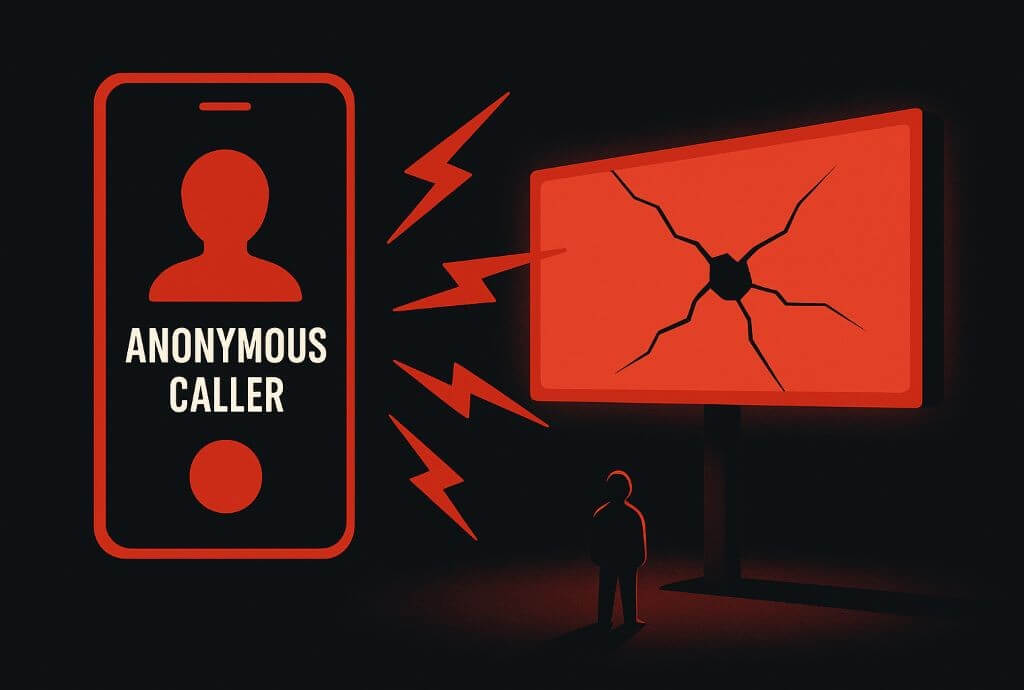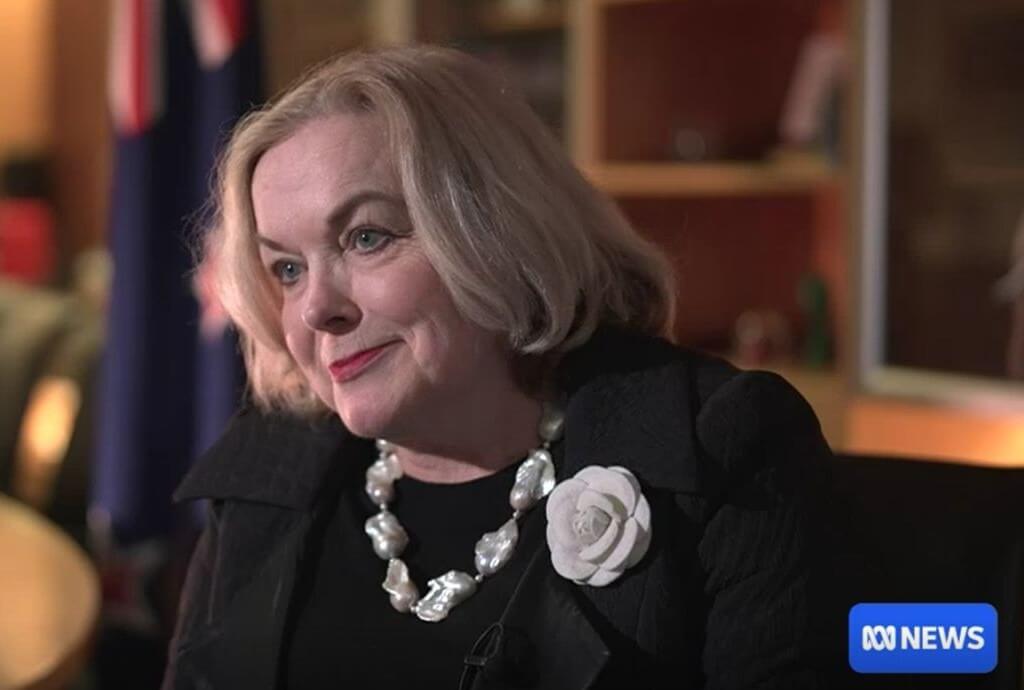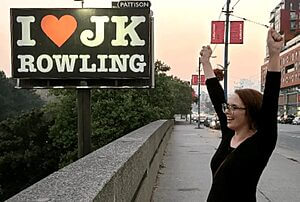Summarised by Centrist
Recent data shows a major increase in heart attacks among fit and healthy young adults. In 2019, 0.3% of Americans aged 18-44 experienced heart attacks, rising 66% to 0.5% in just four years by 2023.
The virus has been linked to inflammation in the heart, which can lead to damage and increase the risk of heart attacks. Dr Susan Cheng of Cedars-Sinai explained that heart attack deaths in people aged 25-44 increased by 30% during the pandemic.
“There are a lot of things that COVID can do to the cardiovascular system,” she said, citing increased blood clot risks and stress-related blood pressure spikes as potential contributors.
Additionally, conditions such as obesity, diabetes, and substance abuse have been steadily rising among younger generations.
Vaping, cocaine, and marijuana use are also thought to contribute to an increased risk of heart attacks by promoting blood clot formation. Dr Deepak Bhatt from Mount Sinai Heart Hospital stated, “There are definitely more younger people coming in with heart attacks. What’s driving that is more controversial.”
Cardiologist Dr Noel Bairey Merz also pointed out that modern eating habits, such as reliance on fast food, could be increasing risks, contributing to the “diabesity epidemic.”
Experts maintain that while COVID vaccines have been shown to cause myocarditis and pericarditis, particularly in young men and boys, the risk of contracting those ailments is greater from the virus itself.
Editor’s note: See recent coverage of Health NZ data here and here. Also, see our recent coverage of possible elevated health risks resulting from the COVID virus combined with the vaccine here.



















